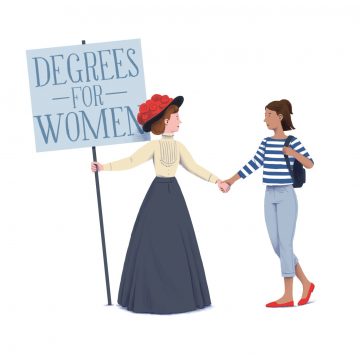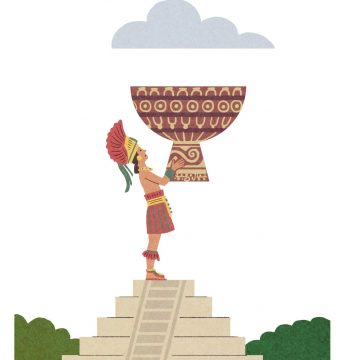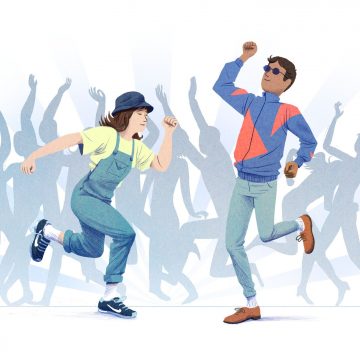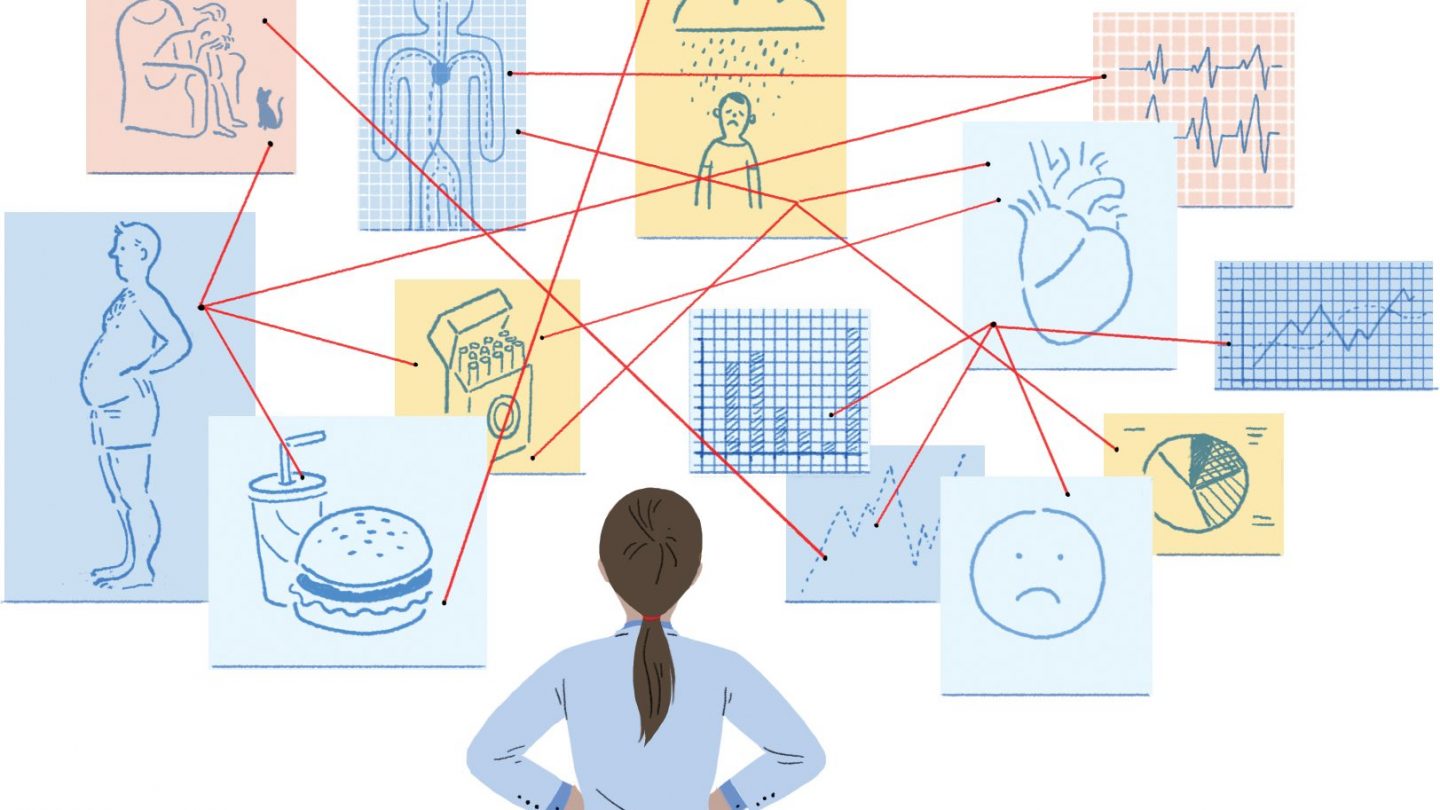
Campendium: Easter Term 2019
Greek texts, picky butterflies and a lost Liszt
Inflammation links heart disease and depression
Cambridge scientists have identified a possible link between heart disease and depression: chronic inflammation, which the body produces in response to lifestyle factors including smoking and obesity. Dr Golam Khandaker and Dr Stephen Burgess’s study of 370,000 people suggests that the link is environmental, rather than genetic.
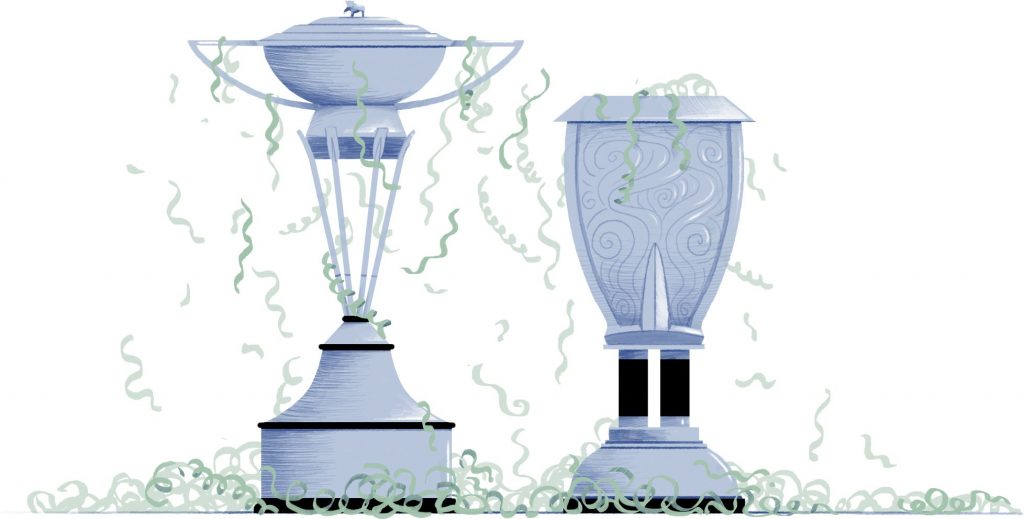
Beating Oxford
Calm waters, grey skies and few winds provided the perfect backdrop for this year’s Boat Races, which saw the Light Blues win a clean sweep of victories across all four races. In the 74th Women’s Boat Race, Cambridge crossed the line five lengths clear of their rivals, in 18 minutes 47 seconds – its third consecutive victory, but the first for new coach Rob Weber. Next up was the Cambridge women’s reserve boat, Blondie, which beat Oxford’s Osiris by five lengths – the first time they have achieved four consecutive wins since 1998. Not wanting to be left out, the men’s reserve also won its race by a length. Then it was time for the Blues, headed by former women’s Head Coach Rob Baker, to shine. They powered to victory in the 165th Men’s Boat Race in 16 minutes 57 seconds, just two seconds ahead of the Dark Blues.
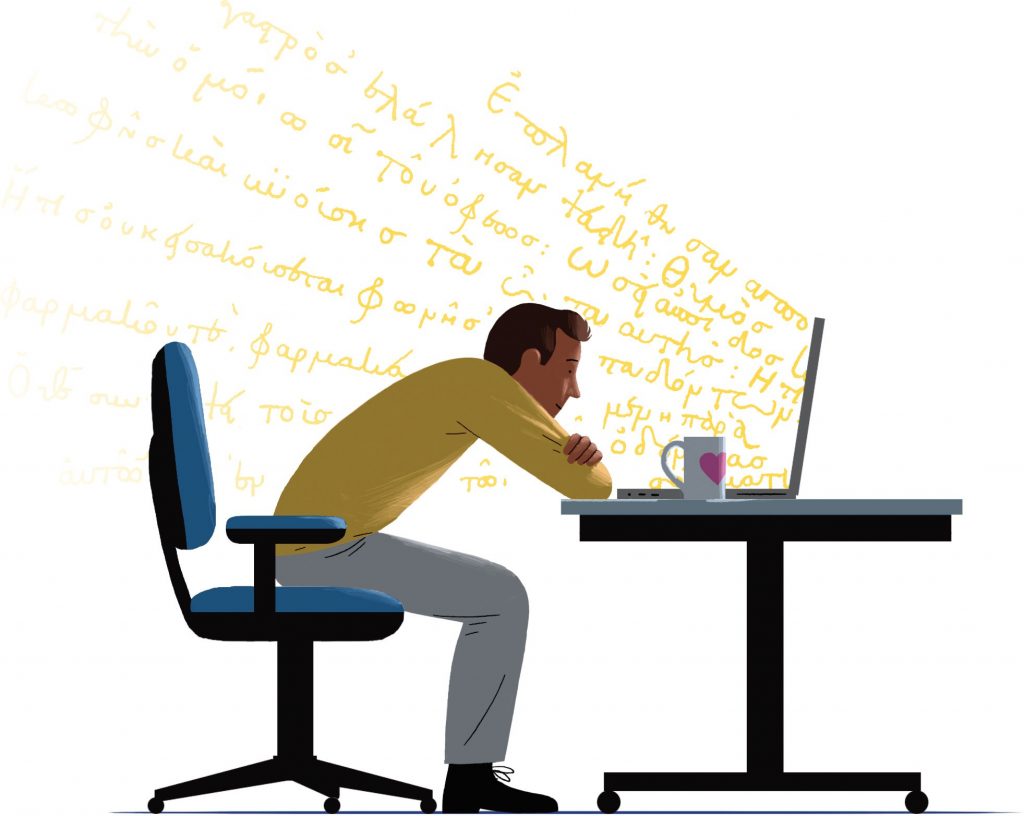
Instant access to rare Greek texts
Hundreds of medieval and early modern Greek manuscripts – including some of the most important treatises on religion, mathematics, history, drama and philosophy – are to be digitised and made available to anyone with access to the internet.
The £1.2m project, funded by the Polonsky Foundation, is a collaboration between Cambridge and the University of Heidelberg, and will include manuscripts from the UL, the Fitzwilliam and 12 Cambridge Colleges.
The project will enable digitisation of every medieval Greek manuscript in Cambridge and all those belonging to the Bibliotheca Palatina collection, which is split between Heidelberg and the Vatican.
Dr Suzanne Paul, Keeper of Rare Books and Early Manuscripts at the UL, says the project has the potential to provide unique insights. “The works of Homer and Plato were copied and recopied throughout the period, and the early biblical and liturgical manuscripts are profoundly important for our understanding of a Christian culture based on the written word,” she said.
“These multilingual, multicultural, multifarious works, that cross borders, disciplines and the centuries, testify to a deep scholarly engagement with Greek texts and Greek culture that both universities are committed to upholding.”
The digitised manuscripts will join a distinguished company: the works of Charles Darwin, Isaac Newton, Stephen Hawking and Alfred, Lord Tennyson are already on the Cambridge Digital Library, which has been accessed more than 17 million times since its launch in 2010.
Read more about the Cambridge digital library.
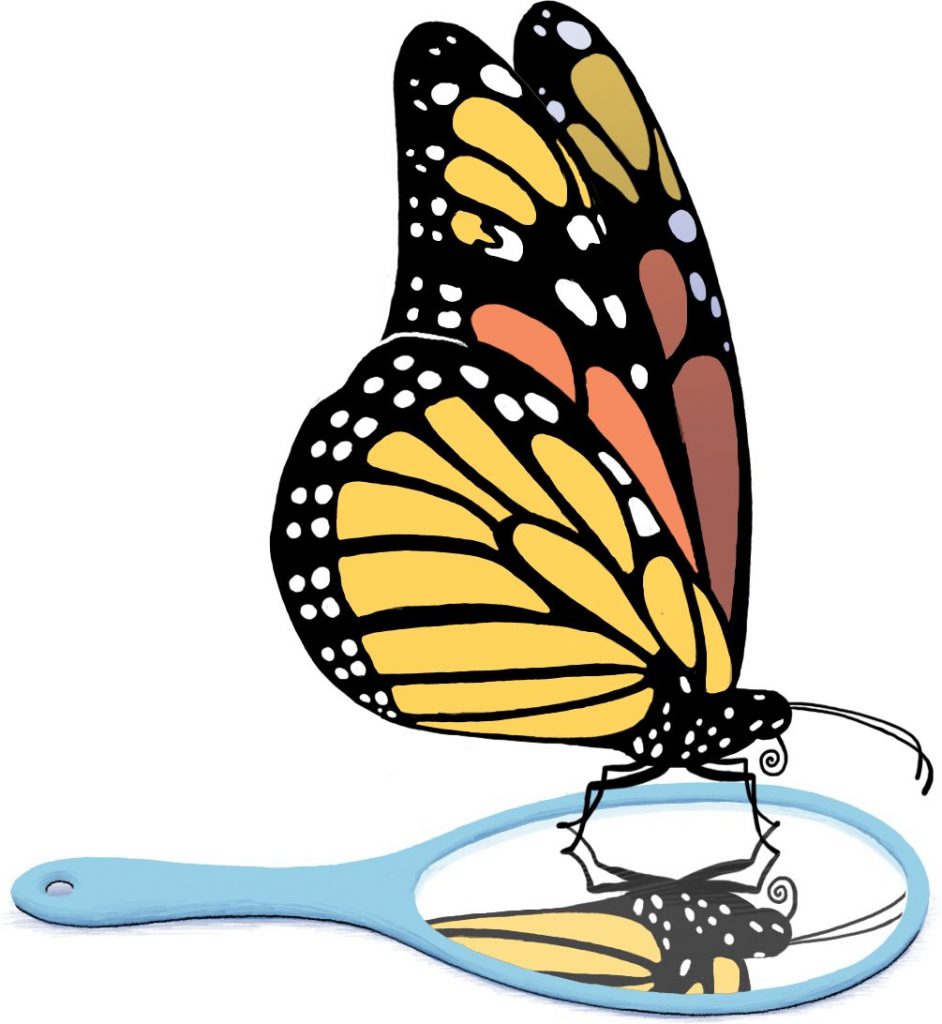
Two-minute Tripos: Butterflies are genetically wired to choose a mate that looks just like them
Observe my short haircut. Observe my black coat. Attractive, no?
Well, I don’t find them unattractive. They’re very similar to mine, in fact.
Aha!
And that proves what?
Well, in humans, probably nothing.
Except that you have good taste. But a new study shows that their genome gives butterflies a preference for partners that look like themselves.
How did they work that out – Tinder for butterflies?
Sadly, no. The Cambridge team observed the courtship rituals of nearly 300 butterflies.
So more like butterfly Blind Date?
Pretty much. They introduced butterflies of two species and scored them on their levels of sexual interest. And when I say ‘courtship’, I mean ‘sustained hovering near or actively chasing females’.
Well, I think that’s bit narrow-minded. Whatever happened to diversity?Like when I went out with that goth and everyone thought it was weird but really it was cool because we were different.
But this preference actually contributes to diversity. As the study’s author, Dr Richard Merrill, points out: “This genetic structure promotes long-term evolution of new species by reducing intermixing with others.”
Well, I think your butterflies should loosen up. What difference does it make if they like a lady with a red splodge?
A lot, actually. Dr Simon Martin points out that over a million years, a very small number of hybrid butterflies in a generation is enough to significantly
reshape the genomes. And that matters, to butterflies.
Fair enough. I don’t suppose you’re free tonight?
Well, your haircut is very attractive…
Read more about the butterfly blind dates.
Deconstructed: A First Performance of a lost Liszt
Act One
Picture the scene: a neglected sketchbook of composition, apparently once belonging to Hungarian composer Franz Liszt, lies abandoned in the archive for over 170 years.
Act Two
The sketchbook contains notes for an opera, Sardanapalo, but they are so unclear and incomplete, performance is assumed to be impossible – until, that is, the arrival of the our dogged hero: Dr David Trippett, Senior Lecturer in Music.
Act Three
Dr Trippett spends three long years deciphering the 115-page manuscript, decoding the notes and supplying a 20-bar finale.
Act Four
With singers, musicians and score in place, performance and recording of Liszt’s ‘lost’ opera finally take place, to critical acclaim. Finale!

